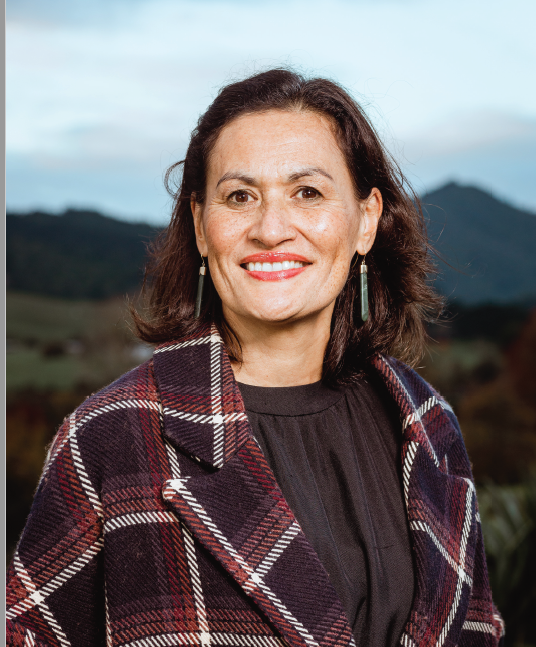Next webinar 2 February

On 2 February at 1600 CET, Marama Muru-Lanning, University of Auckland, will present: Hongi (pressing of noses), Harirū (handshakes) and Hau (sharing breath): In the time of COVID-19.
When COVID-19 arrived in Aotearoa New Zealand, Māori responded quickly. It had become evident that kaumātua (older Māori men and women) would be especially vulnerable to the virus, given their age, living situations and often compromised health. Local hauora (health providers) and tribal leaders were active, advising Māori communities to modify social engagement practices and restrict hongi (pressing of noses), kihi (kisses), and harirū (handshakes). Our study sought to find out about kaumātua understandings of COVID-19 and pandemics, their experiences of lockdown and subsequent alert levels, and their roles within Māori communities in relation to tikanga (protocols) around social distancing (hongi, harirū and hau, or breath) and gatherings, particularly tangihanga (death and mourning rites).
Kaumātua have key leadership responsibilities within Māori communities and have been crucial in curbing the spread of COVID-19. Our ongoing research in the Tai Tokerau (Northland) and Waikato regions is interested in how kaumātua navigate the challenges still presented by COVID-19 in-light of evolving advice and regulations regarding personal distancing, self-isolation and gatherings.
Drawing on rich kōrero from our interviews I will share findings from our study that have assisted Māori communities, policy makers and health providers.
Marama Muru-Lanning is an Associate Professor of Anthropology and the Co-director of the James Henare Māori Research Centre at the University of Auckland. Her research is dedicated to transdisciplinary research with Māori communities that prioritises equity and social justice. As a social anthropologist she focuses on the cultural specificity of tangata whenua groups and their unique sense of place and belonging in Aotearoa. What distinguishes Marama internationally as a social scientist is her specialisation in four interrelated areas of research: 1. Water; 2. Human-environment relationships; relationships; 3. Mātauranga; 4. Transdisciplinary research methods. Over the past five years she has also developed a passion and advanced new approaches and methods for researching kaumātua (Māori elders) with colleagues from the James Henare Māori Research Centre.
Marama is an advisory board member of the Social Science Meets Biology: Indigenous People and Severe Influenza Outcomes – CAS – project and will visit the project group in Oslo 1-12 February 2023.
Marama is from Tūrangawaewae Marae in Ngāruawahia, this place is a potent living memorial to the many Waikato people taken by the Spanish Flu pandemic of 1918. She has whakapapa that connects her to Waikato, Ngāti Maniapoto and Ngāti Whātua.
Contact jessicad@oslomet.no for a Zoom link.
